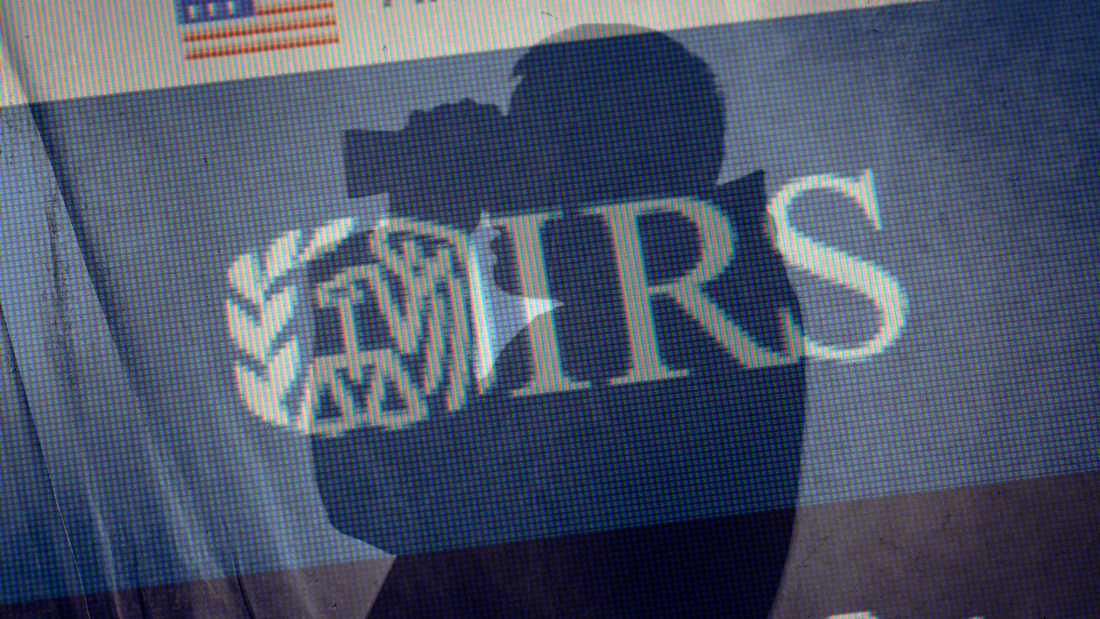Did IRS Inspect Personal Data of Matt Taibbi and Other Journalists?Matt Taibbi is not everyone’s cup of tea – or shot of tequila. He is a former Rolling Stones reporter, an investigative journalist with gonzo-flavored prose. Taibbi was most recently in the headlines for reporting on government interference, including FBI agents, in secretly advising social media content curation. This was just one of the revelations of the Twitter Files.
That data dump, released by X CEO Elon Musk, show considerable interaction between the federal government and social media companies’ curation of ideological content. Whether this was “jawboning” or “coercion” on the part of the government will be at the heart of an upcoming U.S. Supreme Court case, Murthy v. Missouri. This is an intensely political case, one that pits the Biden Administration, which insists it has every right to alert social media companies about misinformation, against Republicans, who see it as secret censorship. A new report from the House Judiciary Committee raises the question why the IRS sent an agent to make an unannounced field visit to the home of journalist Matt Taibbi. That visit just happened to occur on the same day Taibbi was testifying before Congress about purported secret government abuse to dial back or exclude content from social media. The Weaponization of the Federal Government subcommittee found that the IRS had taken the unusual step of opening a case against Taibbi on Christmas Eve, a Saturday, just weeks after Matt Taibbi began reporting on the Twitter Files. In the four-and-one-half years between when the IRS alleges it last tried to contact Taibbi about his taxes and the day it conducted an unannounced field visit, neither he nor his accountant received notice from the IRS about an issue with his tax returns. As it turned out, the journalist owed no money to the IRS, but the IRS did owe him a refund. As a result of this and similar incidents, IRS chief Danny Werfel repealed the agency’s policy of allowing agents to make unannounced field visits to taxpayers’ home. In today’s social media-saturated world, the appearance of an IRS agent acting as a government “heavy” to pressure a journalist – if that is what indeed happened – is a tactic guaranteed to backfire. The greater danger is how the IRS could misuse its immense surveillance power for its own ends or those of one political master or another. The IRS, like many other federal agencies, purchases Americans’ personal data scraped from our apps and sold to it by third-party data brokers – a major focus in reforms that civil libertarians want to add to FISA’s Section 702. The IRS could have easily accessed Taibbi’s personal location history, as well as his communications from emails to texts, all without a warrant. A good follow up question for Congress might be to ask the IRS if it used purchased data to snoop on Taibbi or other journalists. The IRS does not need probable cause to investigate us. It doesn’t need a warrant to send someone to our home, to order us to conduct an expensive and time-consuming audit, or to look into our most personal and sensitive information taken right out of our smartphones. Congress should demand to know if the IRS or any other government agency has been accessing the personal data of journalists investigating the administration. Comments are closed.
|
Categories
All
|


 RSS Feed
RSS Feed